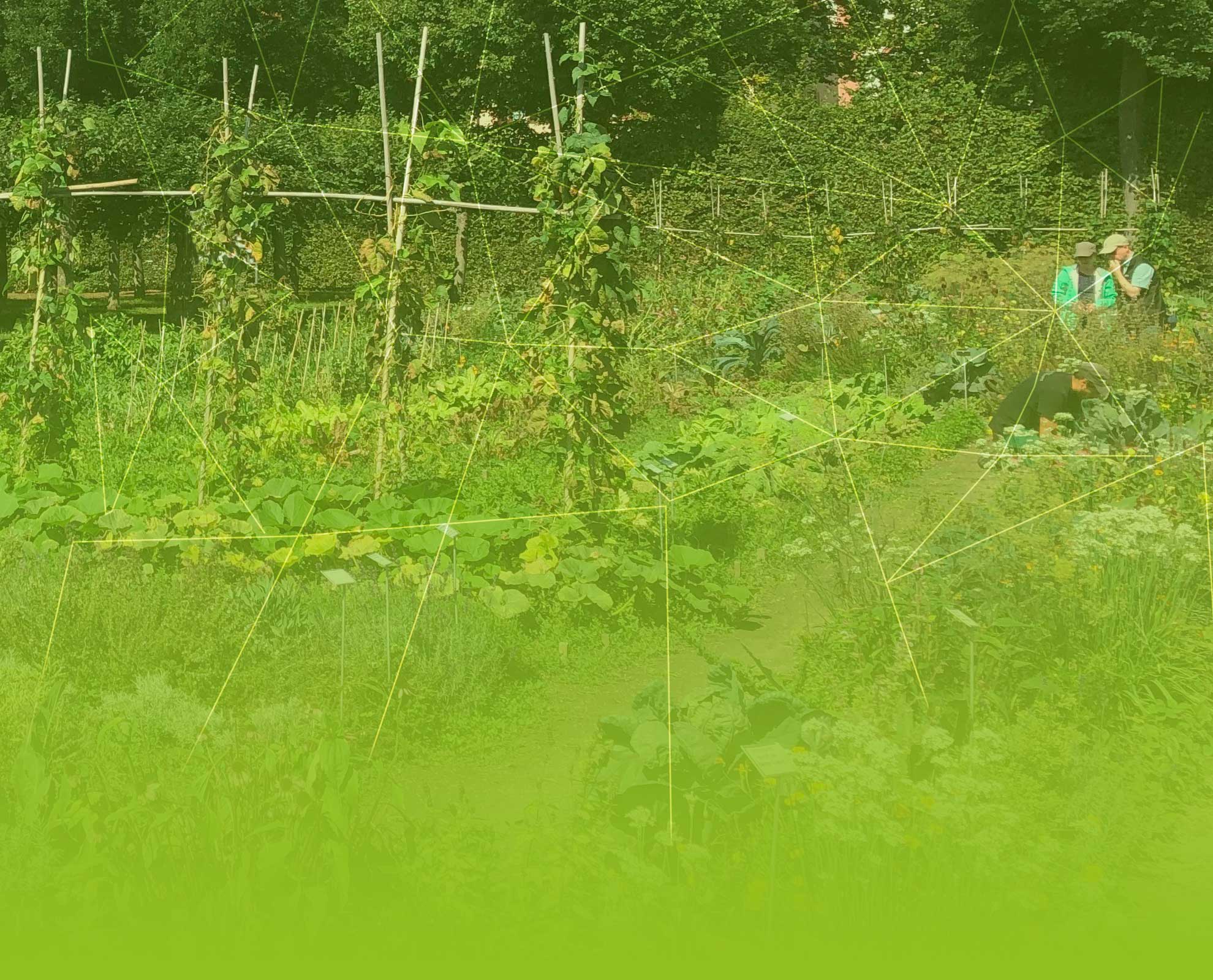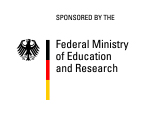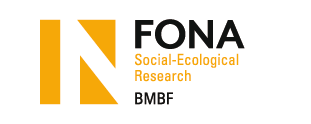This cluster addresses the following questions:
• The multilevel perspective is an analytical perspective of processes of change that take place at different levels and can mutually influence one another. What is the potential for this approach in analysis and in understanding transformation path-ways?
• What are the obstacles and path dependencies that can prevent transformation or stand in the way? How can these be overcome?
• Who are the key actors for different transformation pathways? What role does awareness rais-ing among these actors play?





